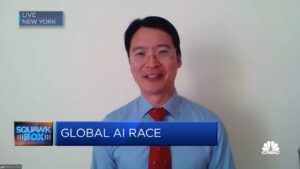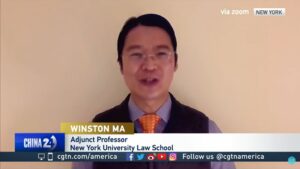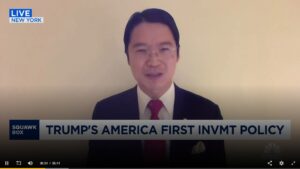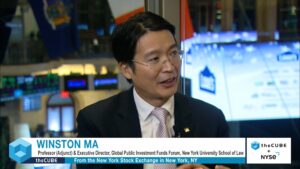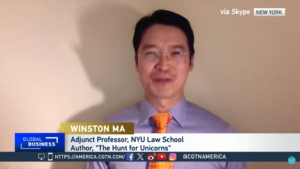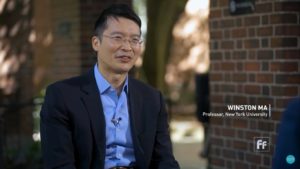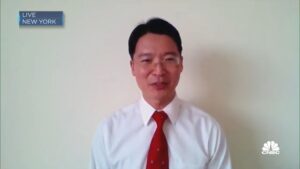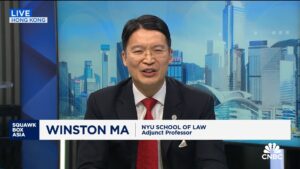
Chinese chipmaker Montage Technology soared 64% on its Hong Kong IPO debut. Financial analyst Winston Ma, an adjunct professor at NYU School of Law and former head of North America for CIC, China’s sovereign wealth fund, explains how US efforts to curtail Chinese semiconductor and AI firms helped them in the current boost, he tells Bloomberg. “The strong lineup of global cornerstone buyers suggests that Chinese AI-related IPOs are attracting institutional investors back to the HKEX market again,” he says.
Bloomberg:
Winston Ma, an adjunct professor at NYU School of Law and former head of North America for CIC, China’s sovereign wealth fund, said US sanctions limiting China’s access to advanced chips such as Nvidia’s were accelerating capital and policy support for China’s domestic semiconductor value chain, including “middleware” chip designers such as Montage.
“The strong lineup of global cornerstone buyers suggests that Chinese AI-related IPOs are attracting institutional investors back to the HKEX market again,” he said, referring to the Hong Kong Stock Exchange.
“Montage’s Hong Kong debut underscores how China’s AI chip ecosystem is moving ‘up the stack’ from basic components towards specialised chips that connect processors and memory inside data centres,” he added.
Montage’s listing also comes as Hong Kong logged its strongest start to a year since 2021, with IPOs and second listings raising about US$5.5 billion in January, the most since US$7.6 billion was raised in January 2021, LSEG data showed.
Winston Ma is a speaker at the China Speakers Bureau. Do you need him at your meeting or conference? Do get in touch or fill in our speakers’ request form.
Are you looking for more financial analysts at the China Speakers Bureau? Do check out this list.
